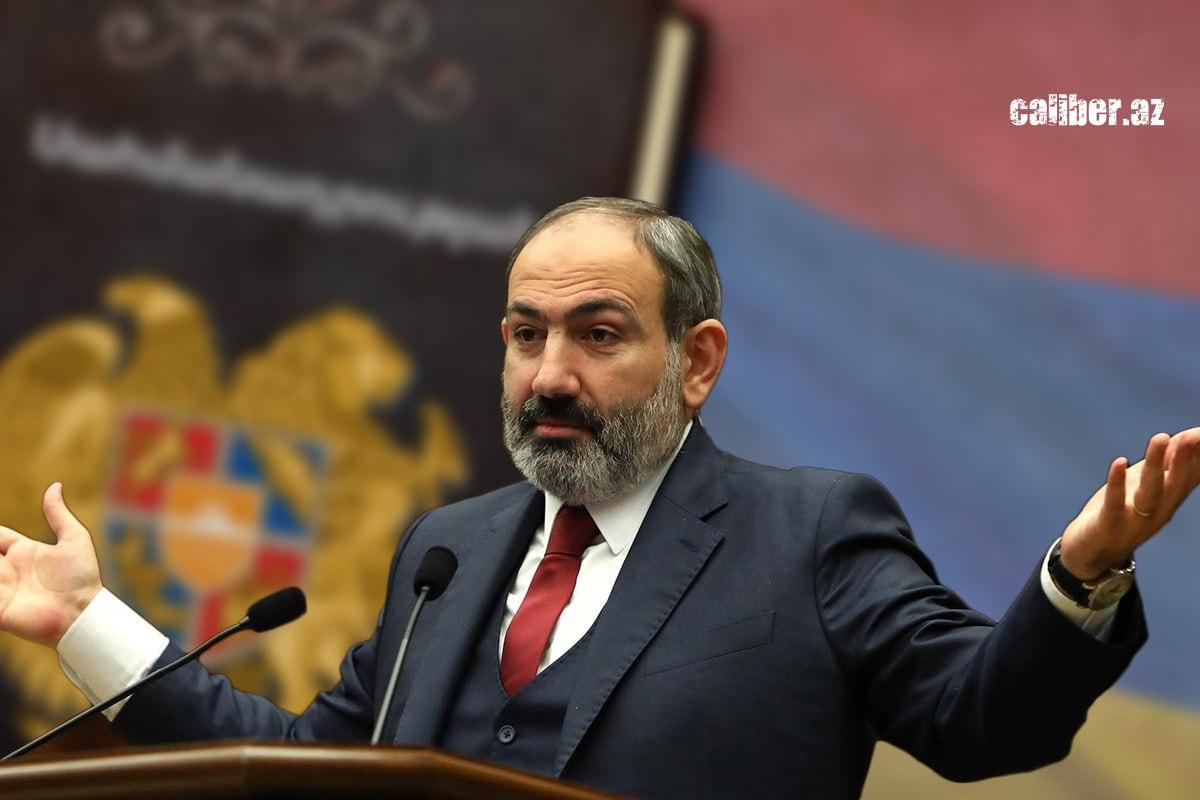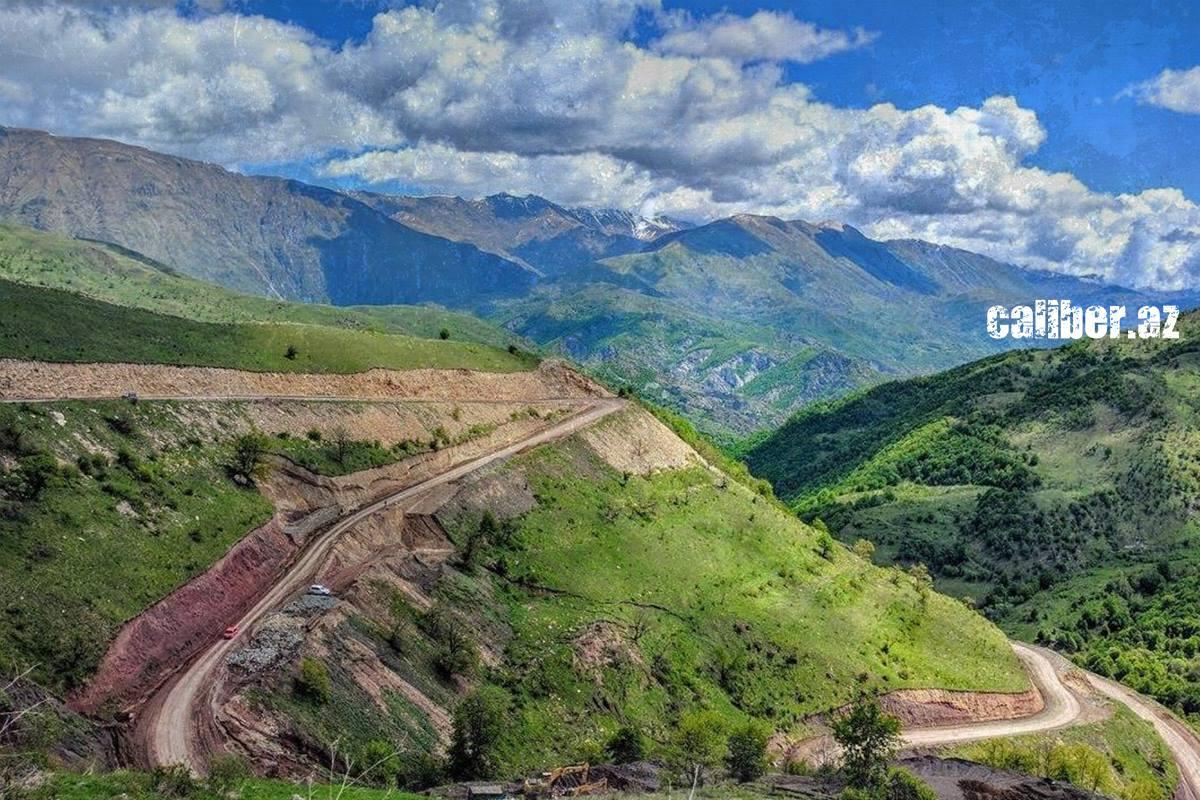From diplomatic pledges to roadblocks: Pashinyan delays Zangezur Corridor Armenia’s setback vs Azerbaijan’s progress
November 10 will mark three years since the signing of the trilateral statement by the leaders of Azerbaijan, Armenia, and Russia, which formalized Baku’s victory in the 44-day war. Despite this, Armenia continues to delay fulfilling the 9th point of the agreement, which calls for the unblocking of transport links between mainland Azerbaijan and the Nakhchivan Autonomous Republic. In contrast, Azerbaijan has diligently met its obligations under this clause, rapidly constructing a significant portion of the Zangezur Corridor up to the Armenian border.
While Baku has made substantial progress, Yerevan consistently finds new pretexts to postpone the issue. Armenian Prime Minister Nikol Pashinyan has introduced a series of objections, ranging from the fantastical “Crossroads of Peace” concept, which he uses to feign support for regional connectivity, to unfounded claims that the Zangezur corridor threatens Armenia’s sovereignty. Pashinyan has even argued that the term “corridor” is not explicitly mentioned in paragraph 9 of the agreement, further complicating the situation.
Addressing the Yerevan Dialogue 2024 international forum today, Armenian Prime Minister Nikol Pashinyan reiterated his stance on the issue.
“Recently, there has been an attempt to interpret the November 10, 2020 statement as implying that the security of communications would be managed by a third party or country. I want to clarify that this interpretation is entirely incorrect,” Pashinyan asserted.
“The responsibility for ensuring security and providing guarantees for the opening of communications falls solely to Armenia. It would be illogical for another nation to assume security duties within the territory of a sovereign state,” the prime minister emphasized.

As the saying goes, “he who has eyes to see, let him see, he who has ears to hear, let him hear, and he who has a mind to understand, let him understand.”
The Armenian government’s interpretation of the trilateral statement of November 10, 2020, is fundamentally flawed. Paragraph 9 of this document clearly states: “All economic and transport links in the region shall be restored. The Republic of Armenia guarantees the safety of transport links between the western regions of the Republic of Azerbaijan and the Nakhchivan Autonomous Republic in order to organize an unimpeded movement of citizens, vehicles and goods in both directions. Control over transport shall be exercised by the bodies of the Border Guard Service of the Federal Security Service (FSB) of Russia.”

Excerpt from the Trilateral Statement by Aliyev, Putin, and Pashinyan
Furthermore, the trilateral statement bears the signature of Nikol Pashinyan, not that of any of his predecessors, making his current attempts to downplay the situation particularly disingenuous. It is well understood that Pashinyan was reportedly in a state of distress on the night of November 10, 2020, allegedly seeking refuge in the Ministry of Defence bunker, as reported by Armenian media. Nonetheless, having signed the document, he is obligated to honour the commitment to ensure unimpeded movement between the western regions of Azerbaijan and Nakhchivan.

Additionally, Pashinyan’s claim that it is illogical for a third party to provide security within a sovereign state is rather absurd. This assertion blatantly distorts the facts, given that the 102nd Russian military base is stationed in Armenia, providing security for that country. Moreover, the security of Armenia’s borders with Iran and Türkiye is managed by the Federal Security Service of Russia. Evidently, Pashinyan chose to ignore these points in his remarks.
Amidst the Armenian side's inconsistency, Azerbaijan remains proactive. Baku is deeply invested in establishing a reliable land connection with Nakhchivan and is actively working on developing an alternative route through Iran’s territory.
Nonetheless, Azerbaijan is keen to explore every available opportunity to diversify its communication routes and thus places significant importance on the completion of the Zangezur Corridor. This corridor will be operational sooner or later, primarily because it is an obligation that Yerevan is bound to fulfil.








